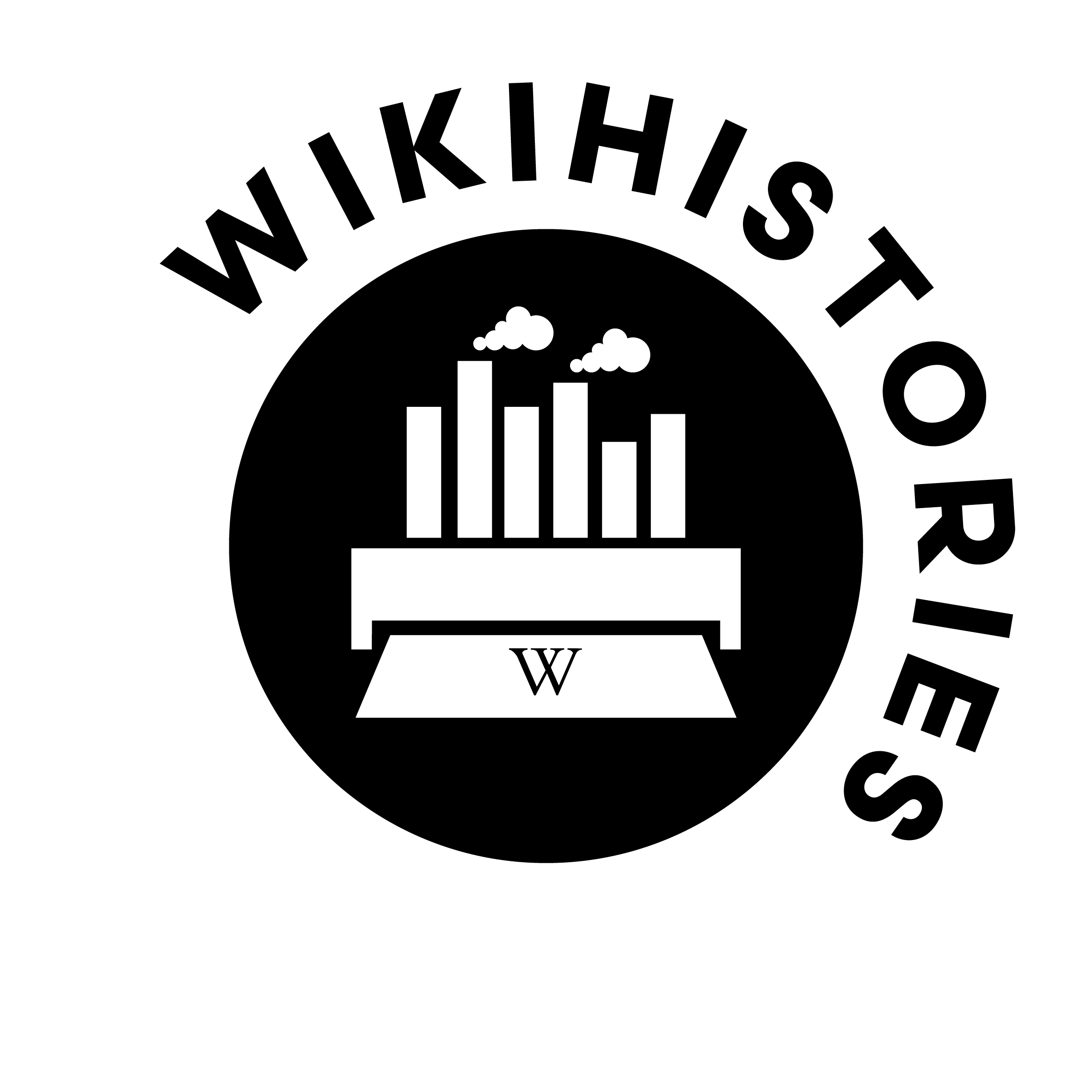wikihistories
Wikipedia and the nation’s story
towards equity in knowledge production

‘Invasion Day Melbourne 2021‘, Matt Hrkac from Geelong/Melbourne, Australia, CC BY 2.0 https://creativecommons.org/licenses/by/2.0, via Wikimedia Commons
How Australian places are represented on Wikipedia – 2024 report
This year, the wikihistories team set out to understand how well Wikipedia represents Australian places and what kinds of editing practices drive those representations.
Examining 35,000 articles about Australian places and interviewing volunteer editors, we found that English Wikipedia reflects an anthropocentric and neo-colonial image of Australia as a place. Read the report here
latest news
- Article in The ConversationRead our article in The Conversation in the lead-up to the launch of our 2024 report ‘How Australian places are represented on Wikipedia’. Contained within: the maps of Australian places on Wikipedia; the importance of Erinsborough and Summer Bay; and what Wikipedia editors fight about when it comes to the intricacies of representing Australian places.
- 2024 Symposium – Wikipedia and/as DataThe 2024 wikihistories symposium is drawing close – register by 5 June. This symposium will be exploring the complex position of Wikipedia as both a channel and a source for data. It will be held at the Kelvin Grove campus of QUT on 19 June and offer in depth presentations and vigorous discussions of how… Read more: 2024 Symposium – Wikipedia and/as Data
- newsletter #6Dear friends of the wikihistories project, We’ve been silent for a while but that’s because three major outputs from the wikihistories project have been released in the past few months with the jewel in our crown, our report that explores how Australians are represented in Wikipedia, launching today. Other outputs include the “Gender and the… Read more: newsletter #6
- newsletter #5Editorial: The elusiveness of gaps This week in the wikihistories newsletter, we look at Michael Mandiberg’s analysis of Wikipedia’s race and ethnicity gap. Here, what Mandiberg initiates as an attempt to determine the percentages of underrepresentation of Indigenous and historically nondominant ethnic groups in the content and creation of Wikipedia becomes an exploration of the methodological and… Read more: newsletter #5
- newsletter #4Editorial header: Historians’ curious relationship to Wikipedia This week in the wikihistories newsletter we consider Roy Rosenzweig’s classic article, ‘Can History be Open Source?’ Wikipedia plays a strange role in history. Academic historians are theoretically the authorities on which Wikipedia historians rely, and yet the emphases and style of Wikipedia history are quite different to… Read more: newsletter #4
